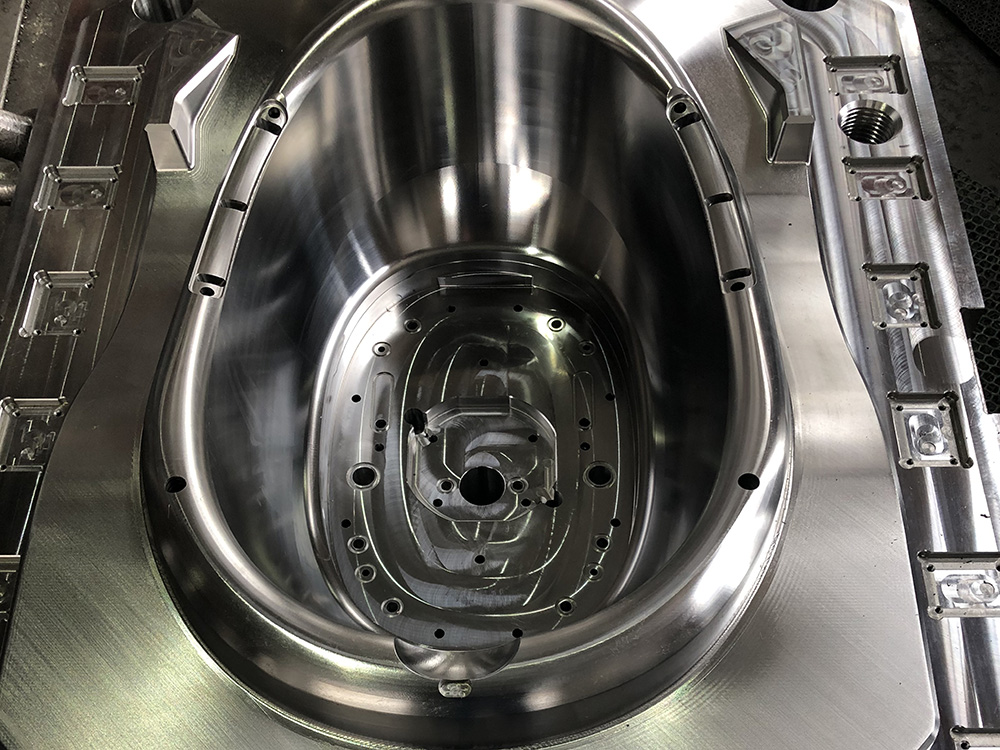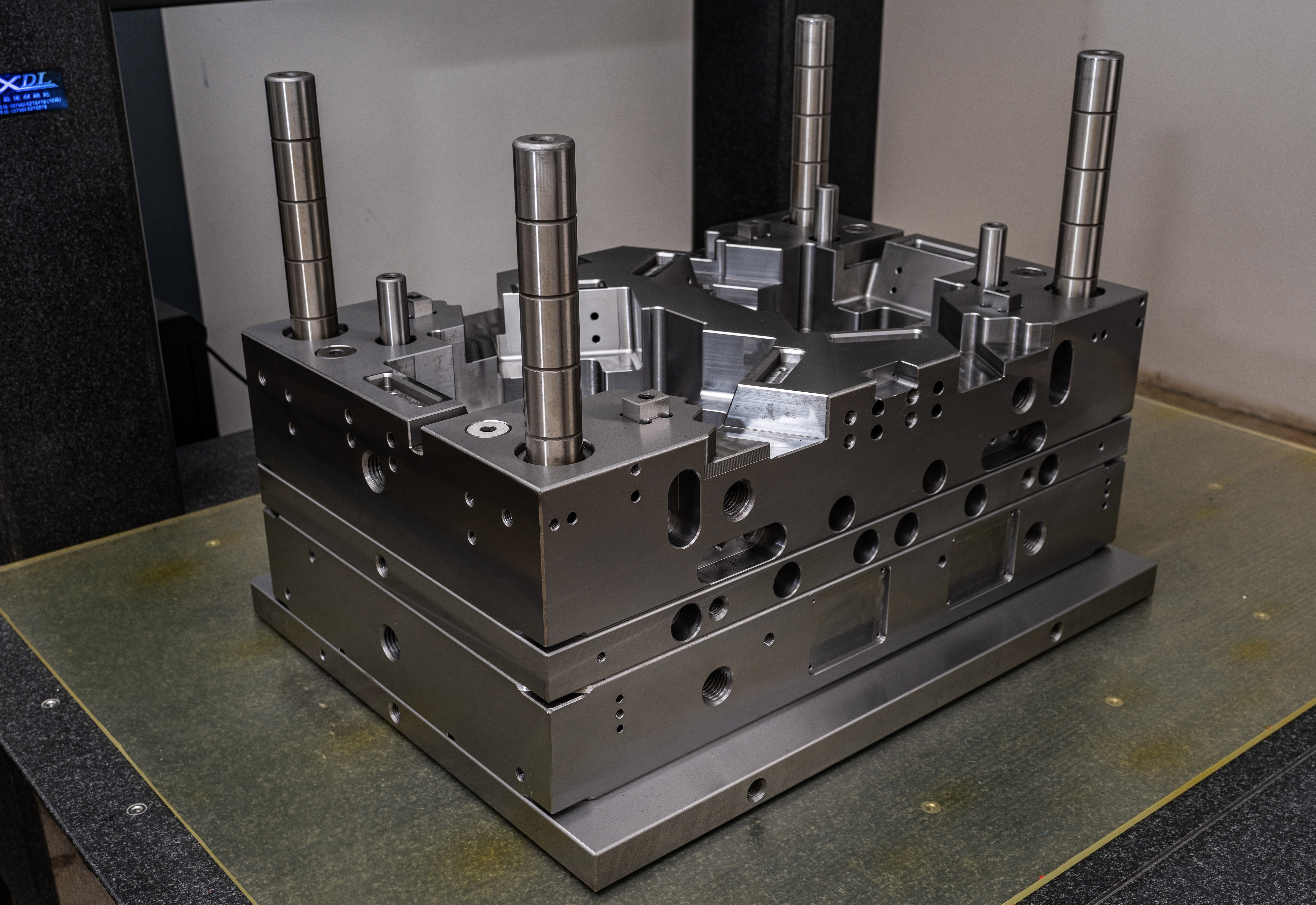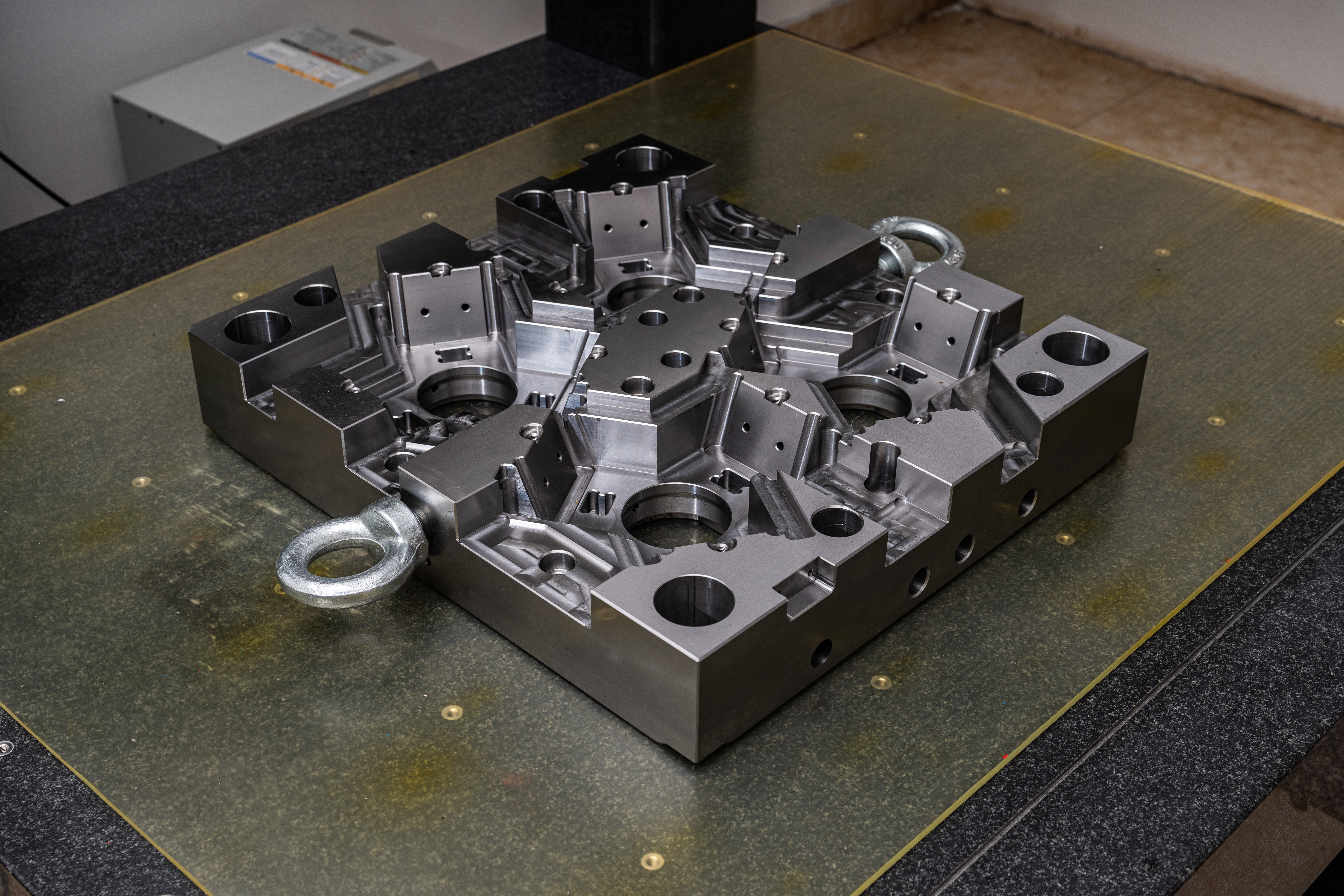The Type of Steel Used for Injection Mold Frames
When it comes to the mold base industry, the choice of steel for injection mold frames plays a crucial role in ensuring the efficiency and quality of the molding process. With various steel options available, it becomes essential to understand which type of steel is most suitable for this purpose. In this article, we will explore the different types of steel used for injection mold frames and their key characteristics.
1. P20 Steel:
P20 steel, also known as P20 tool steel or P20 plastic mold steel, is a widely used material in the mold base industry. This low-carbon, high-hardness steel is known for its exceptional machinability, excellent polishability, and good wear resistance. It is commonly used for medium to large-sized injection molds, especially for low-volume production.
2. H13 Steel:
H13 is a widely used hot work tool steel that is highly suitable for manufacturing injection mold frames. It possesses a combination of toughness, heat resistance, and wear resistance, making it suitable for high-volume injection molding processes. H13 steel is known for its ability to withstand repeated thermal cycles and mechanical stress, making it an ideal choice for molds that require superior performance and durability.
3. S7 Steel:
S7 steel is a shock-resistant tool steel that offers excellent toughness and high impact resistance. This type of steel is commonly used when molds are subjected to rapid heating and cooling, as it can withstand thermal shock. S7 steel is often used in injection molds for products that require precise finishes and dimensional accuracy.
4. 420 Steel:
420 steel, or stainless steel, is often used for injection mold frames that require corrosion resistance and good polishability. This steel grade offers good wear resistance and is relatively easy to machine, making it a cost-effective option for molds that will be used in applications such as the medical or food industry.
5. 718 Steel:
718 steel is a pre-hardened alloy steel that exhibits excellent corrosion resistance and high-temperature properties. It is commonly used for injection molds that will be exposed to aggressive molding compounds or corrosive environments. This steel type offers good toughness and wear resistance, making it suitable for molds that require extended tool life.
Conclusion:
Choosing the right steel for injection mold frames is crucial to ensure the longevity, durability, and performance of molds used in the mold base industry. Each type of steel discussed - P20, H13, S7, 420, and 718 - has its unique properties and is suitable for different molding requirements. By selecting the appropriate steel grade based on specific project needs, manufacturers can optimize production efficiency and achieve high-quality molded products.




